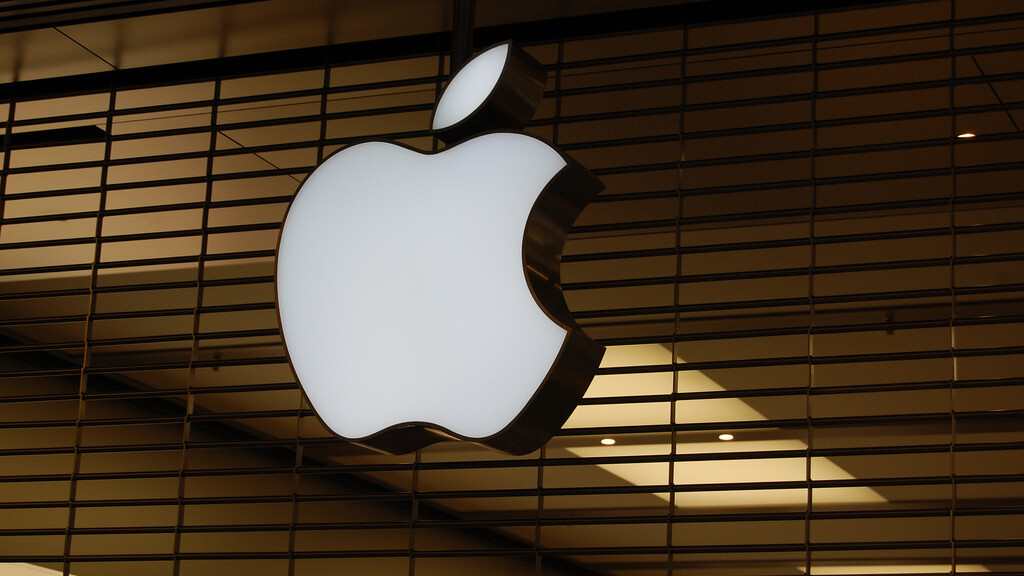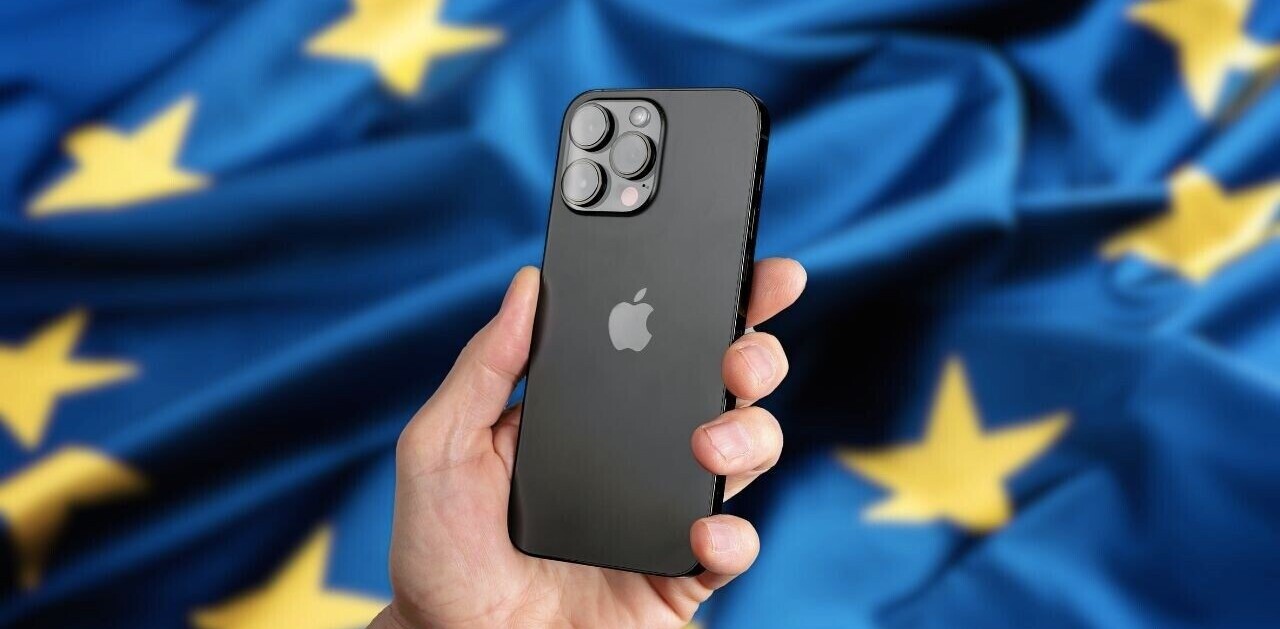
Apple has spoken up about the US government’s PRISM program and revealed that between December 2012 and May 2013 the firm received 4,000-5,000 requests for user data from the government .
That data isn’t limited to FISA (Foreign Intelligence Surveillance Act) enquiries, however, and it includes requests for information to help find missing persons or solve crimes.
The disclosure comes after Apple “asked the U.S. government for permission to report how many requests we receive related to national security and how we handle them”, and the company says it has been permitted to share “some of that data” in order to help provide greater transparency with the public.
Apple says that the 4,000-5,000 requests related to 9,000-10,000 accounts or devices. That’s a rough rate of two accounts/devices per request, which is somewhat lower than the figures made public by other tech firms. The details come hot on the heels of Microsoft and Facebook taking similar steps, in the wake of the PRISM scandal.
Microsoft revealed Friday that it received 6,000-7,000 requests implicating 31,000-32,000 accounts in the last six months. Hours earlier, Facebook revealed its FISA numbers, claiming that up to 19,000 user accounts were queried by the US government.
Apple’s statement also reiterates its denial that it gave US authorities “direct access to our servers”. Echoing the comments of other companies named in the NSA slides leaked to the Washington Post and Guardian, the company says that all requests for data from the government require a court order in order to be fulfilled.
Regardless of the circumstances, our Legal team conducts an evaluation of each request and, only if appropriate, we retrieve and deliver the narrowest possible set of information to the authorities. In fact, from time to time when we see inconsistencies or inaccuracies in a request, we will refuse to fulfill it.
The company says it doesn’t “collect or maintain a mountain of personal details about our customers”, and further explains that its iMessage and FaceTime services are encrypted from end-to-end, meaning that no-one — Apple included — can access them.
Likewise, it says that it doesn’t store data related to location, Map searches or Siri, meaning that it cannot provide such requests to law enforcement authorities.
Google and Twitter have criticized Microsoft and Facebook’s declarations because they do not distinguish between the types of requests made — and that fact applies to Apple’s numbers too, which do not distinguish the number of requests by type, government department or other variables.
In an open letter to the FBI, Google’s Chief Legal Officer David Drummond said that government regulations preventing the disclosure of precise details around FISA requests “fuels” speculation that the company “gives the U.S. government unfettered access to our users’ data”.
Related: PRISM update: Recent reports you definitely shouldn’t miss
You find our full PRISM coverage here
Headline image via nez / Flickr
Get the TNW newsletter
Get the most important tech news in your inbox each week.




